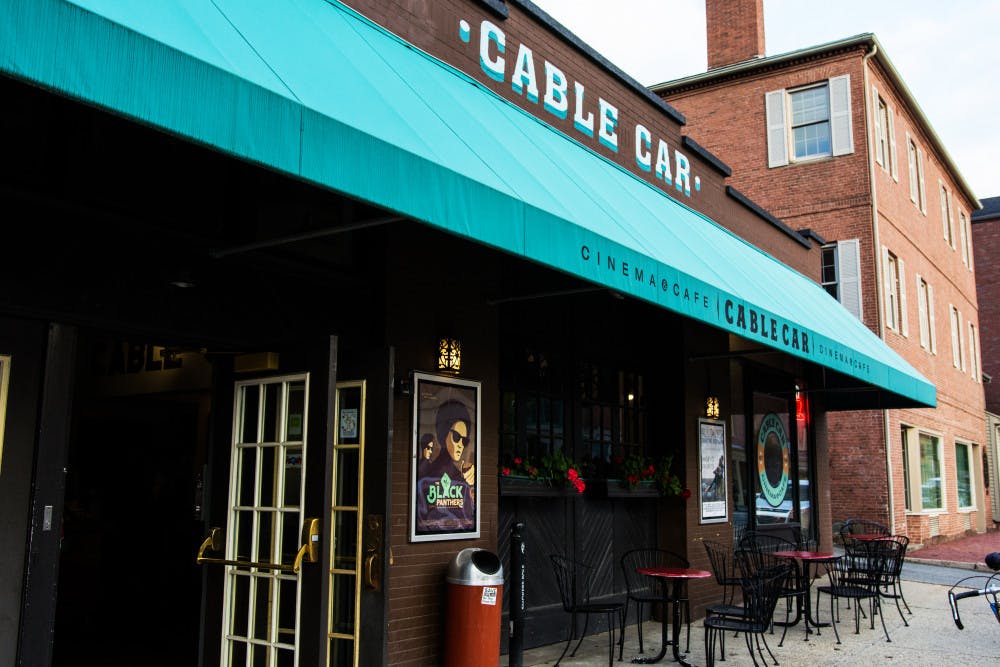Many viewers of “The Black Panthers: Vanguard of the Revolution,” a documentary by Stanley Nelson, may be hard-pressed to decide if its contents are more shocking or familiar.
Like every historical documentary, “The Black Panthers” is about the past — more precisely, about remembering the past. Though Nelson interviews a medley of journalists, historians and police officers, he mostly focuses on the Blank Panther Party’s former members. Their memories — fervent, funny, nostalgic and angry — are threaded throughout with a subdued ruefulness.
Propelled constantly between reflective testimonies and historical footage, the viewer is confronted by the juxtaposition between the Black Panthers’ hope of infinite possibilities and realizations of the group’s eventual collapse. Nelson meditates and sometimes mourns the end of that limitless horizon. For if some of us work toward a more just world today, no significant movement dares conceive of the Black Panthers’ vision: a cross-racial socialist revolution to overturn the U.S. order. The film shows that some of the Black Panthers’ efforts triumphed, but others did not. Some lives and narratives were saved, but others were not. We live in a different world now, but still one ravaged with black poverty and police brutality.
Perhaps the film’s greatest achievement is its evocation of the Black Panther Party as a vibrant, contradictory and explosive social movement. It comes to life through compelling and flawed leaders — Bobby Seale, Huey Newton, Eldridge Cleaver — and their interpersonal relationships.
The Panthers coined an urban sexiness in their uniforms of leather jackets, berets and indomitable hair. With breathtaking boldness, they entered the California Statehouse with loaded guns, claiming their right to self-defense and human dignity, declaring that they would no longer bear violence and injustice.
The film also conveys the movement’s multiplicity of meanings for its members: “The Revolution” signified to Panthers a black nationalist uprising, a Marxist struggle, a paramilitary effort, a social service project or any combination thereof. Through all the chaotic yet persistently urgent scenes that Nelson retrieves from this movement’s fabric, the most enduring statement is a sense of its power.
Formally, “The Black Panthers” is a relatively conventional documentary. Like the voices of its aging Panthers, the film’s shape is quiet and restrained. It does not draw attention to itself, teaching a lesson or explicitly indicating parallels with the present time. It does not even try to make full sense of what the Black Panther Party really was. It merely gives us shards of the irrecoverable past, through the lens of contemporary memory.
The film runs at Cable Car Cinema until Thursday.





